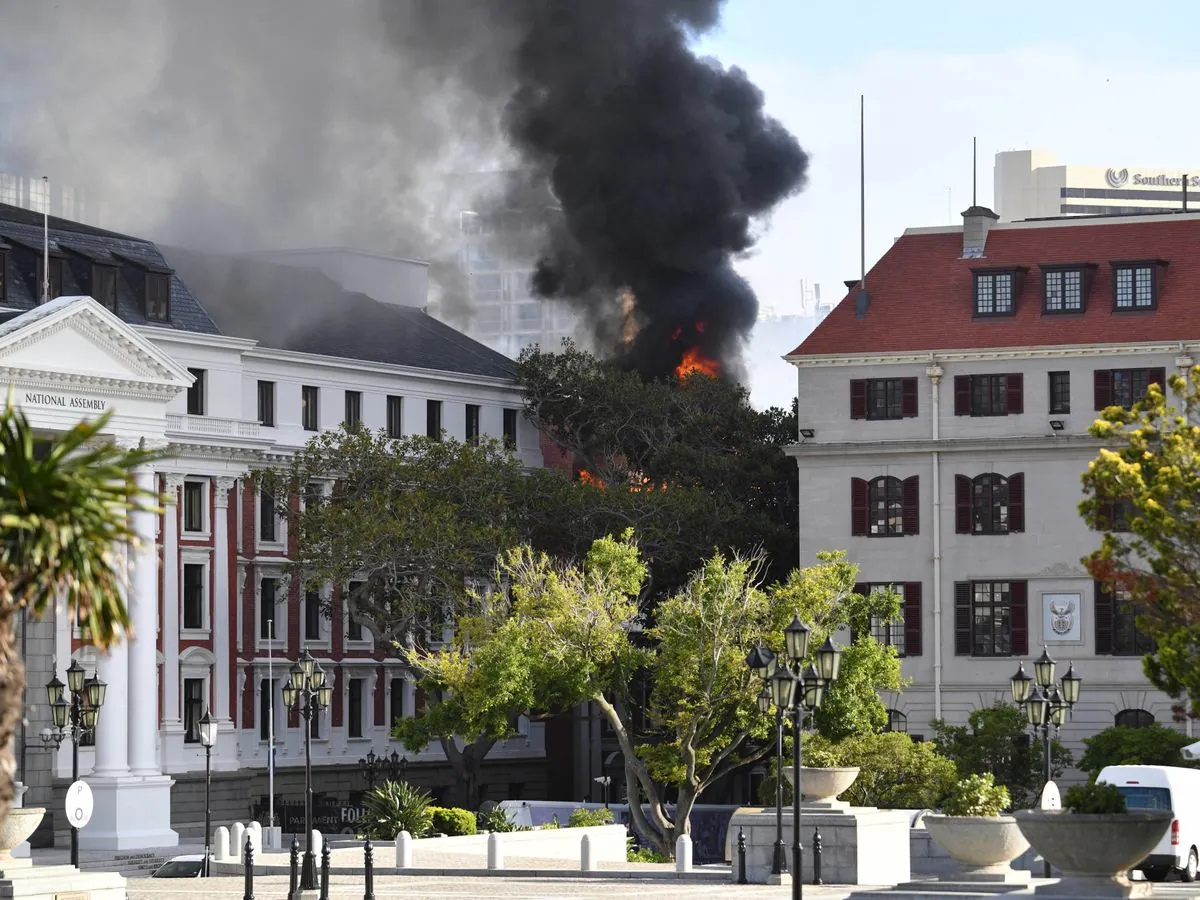South African Education Bill Sparks Controversy Over Language Policies
A proposed education bill in South Africa, granting government control over school language policies, faces opposition. The Democratic Alliance warns it could threaten the national unity government.

In South Africa, a proposed education bill has ignited a heated debate over language policies in schools. The legislation, which would grant the government authority to determine language and admission policies in educational institutions, has drawn criticism from various quarters, particularly those concerned about its impact on Afrikaans-language schools.
John Steenhuisen, leader of the Democratic Alliance (DA), has expressed strong opposition to the bill. The DA, which joined the unity government led by the African National Congress (ANC) in June 2024, views the proposed legislation as a potential threat to the country's new government of national unity.
"If the president continues to ride roughshod over these objections, he is endangering the future of the government of national unity and destroying the good faith on which it was based."
Currently, school governing bodies, primarily composed of parents and community leaders, have the authority to determine language and admission policies. The proposed bill seeks to shift this power to the government, a move that has raised concerns among critics who see it as a threat to single-language schools, particularly those using Afrikaans as the medium of instruction.

Afrikaans, one of South Africa's 11 official languages, is spoken by approximately 13% of the population. It developed from the Dutch spoken by settlers in the 17th century and has been a subject of ongoing language policy debates in education since the end of apartheid in 1994.
The ANC, which has been in power since 1994, argues that the bill aims to prevent the exclusion of majority Black learners from schools where Afrikaans is the sole language of instruction. This perspective highlights the ongoing challenges in South Africa's education system, which continues to grapple with issues of inequality and resource distribution.
South Africa's constitution guarantees the right to education in any official language, and the concept of "mother tongue education" is protected. However, the country's education system ranks poorly in international comparisons, despite significant government spending on education as a percentage of GDP.
The controversy surrounding this bill reflects the broader tensions in South African society regarding language, education, and cultural preservation. It also underscores the delicate balance required in a multilingual and multicultural nation striving for unity and equality.
As President Cyril Ramaphosa considers signing the bill into law, civil society groups like Afriforum have indicated their readiness to pursue legal action. The outcome of this legislative process could have far-reaching implications for South Africa's education system and the stability of its national unity government.


































